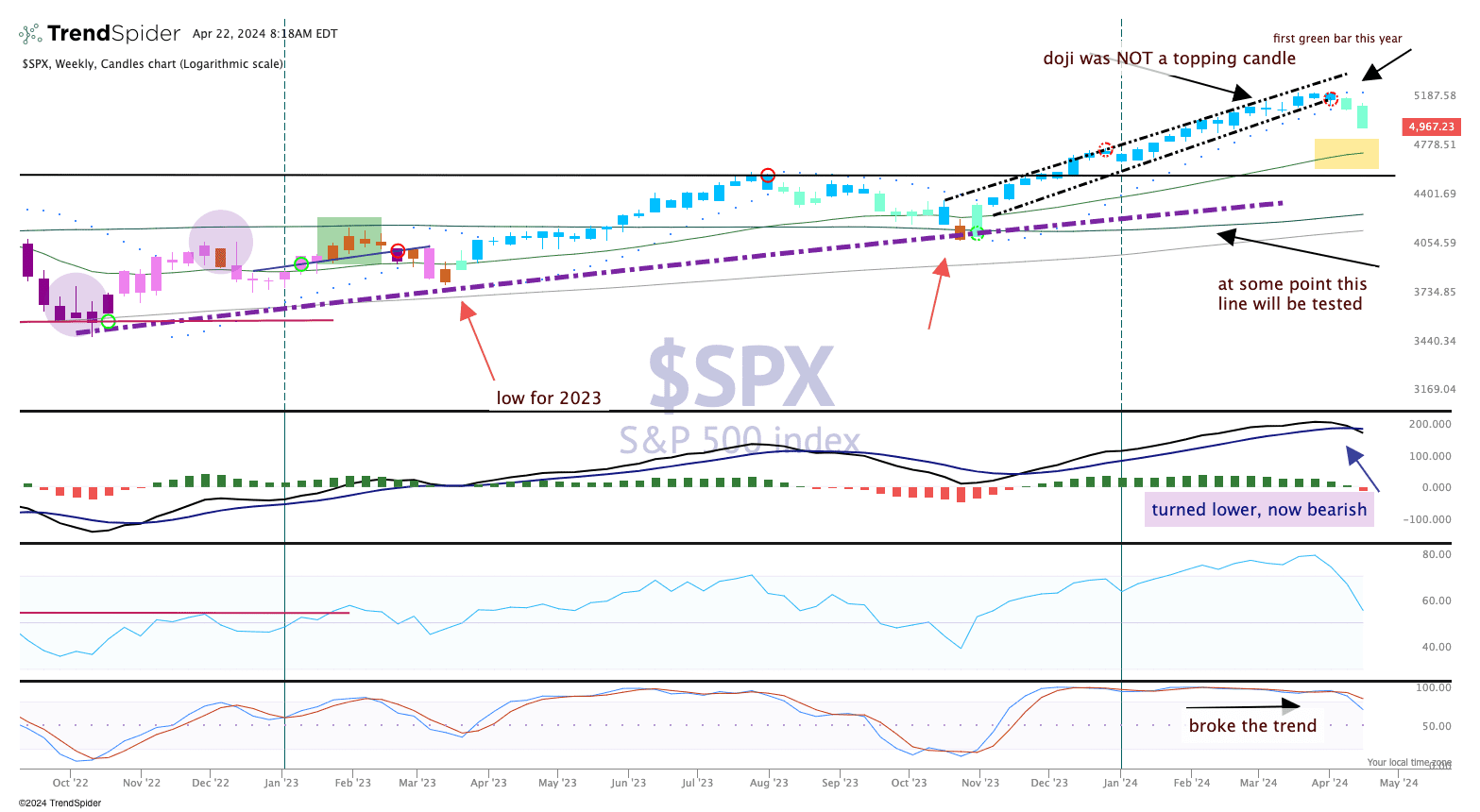Are BMW And Porsche Losing Ground In China? A Market Analysis

Table of Contents
Rising Domestic Competition
The emergence of powerful domestic Chinese car brands presents a formidable challenge to established international players like BMW and Porsche. Companies like BYD, NIO, Xpeng, and Li Auto are rapidly gaining market share, leveraging competitive pricing strategies, advanced technology (particularly in electric vehicles – EVs), and a keen understanding of Chinese consumer preferences. This intense domestic competition is reshaping the landscape of the premium car sales sector in China.
- BYD's meteoric rise: BYD's success extends beyond the mass market, impacting even the luxury segments with its high-quality and technologically advanced vehicles. Their aggressive expansion and innovative designs are directly challenging the established luxury brands.
- NIO's premium EV focus: NIO has carved a niche for itself by concentrating on premium electric SUVs and sedans, offering sophisticated features and a strong brand identity that resonates with Chinese consumers seeking cutting-edge technology.
- Xpeng and Li Auto's innovative approach: Xpeng and Li Auto are known for their innovative features, advanced driver-assistance systems (ADAS), and strong brand building campaigns specifically tailored for the Chinese market. Their focus on technological differentiation is attracting a significant portion of the luxury car buyer segment.
- Government support for domestic automakers: The Chinese government's active support for domestic automakers, including subsidies and favorable policies, provides a considerable advantage to these rising stars in the automotive sales China market.
Shifting Consumer Preferences
Chinese consumer preferences are evolving rapidly, placing new demands on luxury car manufacturers. Technological innovation, electric vehicles, and personalized experiences are increasingly prioritized over traditional brand loyalty and established names. This shift presents a significant hurdle for brands that haven't fully embraced these changes.
- The electric vehicle revolution: The surging demand for electric and hybrid vehicles is undeniable. Chinese consumers are actively seeking environmentally friendly options, and luxury car brands must offer compelling EV choices to remain competitive.
- Tech-savvy consumers: Advanced driver-assistance systems (ADAS), seamless digital connectivity, and intuitive in-car entertainment are essential features for today's Chinese luxury car buyer.
- Personalized experiences: Customization and bespoke options are highly valued, demanding that luxury brands offer tailored experiences that resonate with individual consumer preferences.
- Sustainability matters: Environmental consciousness is on the rise, with many Chinese consumers actively seeking out brands committed to sustainable practices and environmentally friendly manufacturing processes.
Economic Factors and Geopolitical Influences
Macroeconomic factors play a crucial role in the performance of the luxury car market in China. Fluctuations in economic growth, trade tensions, the lingering impact of the COVID-19 pandemic, and supply chain disruptions all contribute to the challenges faced by BMW and Porsche.
- Trade disputes and tariffs: Trade wars and fluctuating tariffs directly impact import costs, making luxury imports less attractive and affecting the pricing strategies of international brands.
- Economic slowdown: Periods of economic slowdown inevitably affect consumer spending, particularly in discretionary areas like luxury car purchases.
- Supply chain bottlenecks: Global supply chain disruptions have severely impacted vehicle availability, leading to delays and potentially impacting sales figures.
- Geopolitical uncertainty: The evolving geopolitical landscape and associated uncertainties contribute to market volatility and affect investor confidence in the long-term outlook.
BMW and Porsche's Strategies in China
In response to these challenges, BMW and Porsche are implementing various strategies to maintain their market share in China. These strategies include localization efforts, investments in electric vehicle technology, and targeted marketing campaigns designed to resonate with Chinese consumer preferences.
- BMW's localization efforts: BMW is investing heavily in local production and research and development (R&D) facilities to better serve the Chinese market and reduce reliance on imports.
- Porsche's EV focus: Porsche is focusing on high-performance electric vehicles and creating tailored experiences designed to appeal to the specific preferences of the Chinese luxury car buyer.
- Targeted marketing: Both brands are employing sophisticated marketing campaigns targeting specific demographics and emphasizing features and values that resonate with Chinese consumers.
- Strategic partnerships: Collaboration with local companies and suppliers offers advantages in navigating the complexities of the Chinese market.
Conclusion
The Chinese luxury car market is characterized by dynamism and intense competition. While BMW and Porsche remain powerful players, they face significant challenges from rising domestic brands, evolving consumer preferences, and macroeconomic factors. Their ability to effectively adapt through strategic investments in electric vehicles, localization, and innovative marketing will be pivotal in determining their future success. To stay abreast of the ever-changing dynamics of this crucial market, continue to follow our analysis of BMW and Porsche's market share in China and the performance of other key players. Further research into the evolving dynamics of the Chinese luxury car market is highly recommended for a deeper understanding of this vital sector.

Featured Posts
-
 Protecting Your Investments S And P 500 Downside Insurance Strategies
May 01, 2025
Protecting Your Investments S And P 500 Downside Insurance Strategies
May 01, 2025 -
 Cleveland Cavaliers Evaluating Week 16s Trade And Player Rest
May 01, 2025
Cleveland Cavaliers Evaluating Week 16s Trade And Player Rest
May 01, 2025 -
 Unexpected Hit Hugh Jackmans Easter Bunny Film A Netflix Sensation
May 01, 2025
Unexpected Hit Hugh Jackmans Easter Bunny Film A Netflix Sensation
May 01, 2025 -
 Tathyr Arqam Jwanka Alslbyt Ela Nady Alnsr
May 01, 2025
Tathyr Arqam Jwanka Alslbyt Ela Nady Alnsr
May 01, 2025 -
 Safety Inspection Green Light For Robinson Nuclear Plant License Extension Possible Until 2050
May 01, 2025
Safety Inspection Green Light For Robinson Nuclear Plant License Extension Possible Until 2050
May 01, 2025
